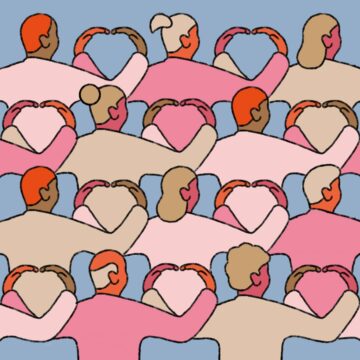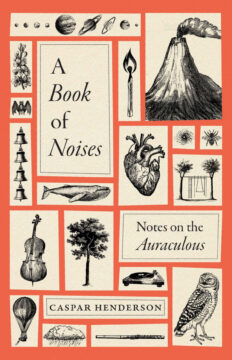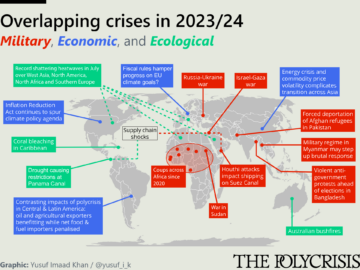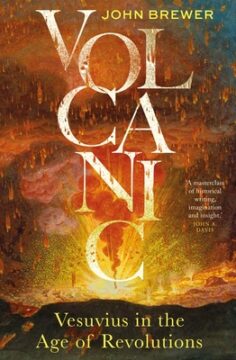Roger Rosenblatt in The New York Times:
 In “Leaves of Grass,” Walt Whitman writes: “This is what you shall do: Love the earth and sun and the animals, despise riches, give alms to everyone who asks, stand up for the stupid and crazy.” He continues, “Re-examine all you have been told at school or church or in any book, dismiss whatever insults your own soul, and your very flesh shall be a great poem.’’ So there. If you’re looking for a worthwhile resolution, Whitman is not a bad place to start.
In “Leaves of Grass,” Walt Whitman writes: “This is what you shall do: Love the earth and sun and the animals, despise riches, give alms to everyone who asks, stand up for the stupid and crazy.” He continues, “Re-examine all you have been told at school or church or in any book, dismiss whatever insults your own soul, and your very flesh shall be a great poem.’’ So there. If you’re looking for a worthwhile resolution, Whitman is not a bad place to start.
The task of improving the world may seem impossible, but it isn’t. All it takes is the proper sequence of correct discrete decisions. Decisions are just resolutions with teeth. An editor of mine told me a story from his childhood on his grandparents’ farm in Iowa. The little boy, looking out over acres and acres of corn, asked his grandfather, “How are we going to shuck all that corn?” His grandfather said, “One row at a time.”
This, too, is how to improve the world. And we can start small.
More here.

 B
B Our conveniently vague or unrealistic
Our conveniently vague or unrealistic  Did you know that sperm whales make sounds using “lips” located near their blowholes — and that those sounds are so loud they could burst the eardrums of a human diver at close range? Or that, near the start of the Covid-19 lockdowns in Britain in 2020, residents on newly quiet streets became aware of “noisy lovemaking” by amorous hedgehogs? Or that, according to legend, churchbells in the English coastal town of Dunwich, which largely disappeared into the sea following storm surges in the 14th century, can still be heard when the tide is just right?
Did you know that sperm whales make sounds using “lips” located near their blowholes — and that those sounds are so loud they could burst the eardrums of a human diver at close range? Or that, near the start of the Covid-19 lockdowns in Britain in 2020, residents on newly quiet streets became aware of “noisy lovemaking” by amorous hedgehogs? Or that, according to legend, churchbells in the English coastal town of Dunwich, which largely disappeared into the sea following storm surges in the 14th century, can still be heard when the tide is just right? Two years ago, I gave an academic talk via Zoom on the need to limit work in order to combat the culture of burnout in the United States. Following my presentation, a senior scholar had more of a comment than a question for me. He said that “we” needed to acknowledge our privileged status among workers. When academics criticize the American work ethic, he added, we ought to recognize that most workers “can’t afford to burn out.” Burnout, I took him to be saying, was a luxury, and to complain about it was like flaunting your wealth before someone desperately poor.
Two years ago, I gave an academic talk via Zoom on the need to limit work in order to combat the culture of burnout in the United States. Following my presentation, a senior scholar had more of a comment than a question for me. He said that “we” needed to acknowledge our privileged status among workers. When academics criticize the American work ethic, he added, we ought to recognize that most workers “can’t afford to burn out.” Burnout, I took him to be saying, was a luxury, and to complain about it was like flaunting your wealth before someone desperately poor. Tim Sahay in Polycrisis:
Tim Sahay in Polycrisis: I HAVE FREQUENTLY BEEN SEATED in the dark near those who have variously been called “the pilly-sweater crowd,” “cinemaniacs,” or “Titus-heads” (referring to the two main movie theaters at MoMA). They are pejorative terms for a certain type of New York City cinephile, one whose zeal for the seventh art seems to have been leached of all pleasure and has instead transmogrified into grim compulsion. Demographically, they are often (but not always) white, male, and middle-aged or older.
I HAVE FREQUENTLY BEEN SEATED in the dark near those who have variously been called “the pilly-sweater crowd,” “cinemaniacs,” or “Titus-heads” (referring to the two main movie theaters at MoMA). They are pejorative terms for a certain type of New York City cinephile, one whose zeal for the seventh art seems to have been leached of all pleasure and has instead transmogrified into grim compulsion. Demographically, they are often (but not always) white, male, and middle-aged or older. A
A I
I Ernest Becker was already dying when “The Denial of Death” was published 50 years ago this past fall. “This is a test of everything I’ve written about death,” he told a visitor to his Vancouver hospital room. Throughout his career as a cultural anthropologist, Becker had charted the undiscovered country that awaits us all. Now only 49 but losing a battle to colon cancer, he was being dispatched there himself. By the time his book was
Ernest Becker was already dying when “The Denial of Death” was published 50 years ago this past fall. “This is a test of everything I’ve written about death,” he told a visitor to his Vancouver hospital room. Throughout his career as a cultural anthropologist, Becker had charted the undiscovered country that awaits us all. Now only 49 but losing a battle to colon cancer, he was being dispatched there himself. By the time his book was  The emergence of English as the predominant (though not exclusive) international language is seen by many as a positive phenomenon with several practical advantages and no downside. However, it also raises problems that are slowly beginning to be understood and studied.
The emergence of English as the predominant (though not exclusive) international language is seen by many as a positive phenomenon with several practical advantages and no downside. However, it also raises problems that are slowly beginning to be understood and studied.